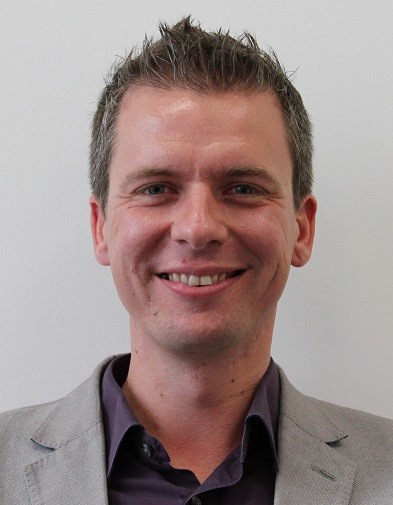The purpose of this virtual course is to provide a comprehensive understanding of social enterprise, ventures, and businesses in the UK, shedding light on their key characteristics.
Objectives of the course:
- To introduce social enterprise/ventures/businesses and their key characteristics in the UK
- To explain the differences between social enterprise and mainstream startups and spinouts in: Governance structures, Financing, capital requirements, typical stakeholders and typical business models, Activities KE practitioners will need to undertake in order to make their projects succeed
- To introduce “impact-led” innovation, the Theory of Change approach, impact measurement in a social business context and how that compares with impact as viewed through REF and KEF.
- For people to come away with a realistic expectation of how tough a social enterprise project is for academics and support staff alike, so that practitioners can take pragmatic expectations back to their work settings and what success can realistically look like.
2025 Dates
February 2025
Venue: TBC
Costs do not include accommodation and travel. PraxisAuril cannot make bookings on behalf of delegates. Once you have made your booking, you will receive your accommodation reference in your confirmation email.
Event fee: Non-Members £TBC Members £TBC
If you are interested in attending this course, please let us know and join our Interest Group by clicking on the button below.
Course Directors
 Mark Mann
Mark Mann
Mark Mann is the Managing Director of two companies providing strategic innovation services across Europe. His services include training, innovation policy development and impact management with a focus on applied projects, particularly in social innovation and arts, humanities and social sciences commercialisation. He is also a Director of Divine Ox, an impact measurement company focused on SMEs. Having gained extensive experience as the lead for social venture creation and Humanities and Social Sciences Commercialisation at the University of Oxford’s Technology Transfer Office (TTO), Oxford University Innovation Ltd (OUI), his clients have included the universities of Kent, Bristol, Leicester, Lancaster, Swansea, Cardiff, UCL, Pantheon Sorbonne and Charles University in Prague. His work for these universities has focused on pioneering new initiatives, whether it is starting a new service commercializing areas of university research that haven’t been served before, or prioritizing workload through impact tracking and measurement, the preferred emphasis for a project output is always that a new initiative which has gone live and is starting to work.
Ana Lemmo Charnalia
Ana holds an MBA from Oxford University. She managed the Health Social Innovators’ Programme at UCLB, a partnership with Numbers for Good and THT Social Investments to support early-stage health ventures which received backing from Janssen Healthcare Innovation and the Cabinet Office’s Social Incubator Fund. Her current responsibilities within UCLB include commercialising medical technology research as well as developing social enterprise opportunities arising from UCL’s research base.
 Richard Hazenberg
Richard Hazenberg
Richard is Professor of Social Innovation and leads the Institute for Social Innovation and Impact at the University of Northampton. Richard has research interests in the areas of social innovation, social finance, public service innovation and social impact measurement and has published research in numerous international, peer-reviewed academic journals. He has also presented research papers at conferences in Europe, Asia, and America and has contributed to international/national government policy through papers and roundtable meetings (including for the European Commission; Cabinet Office; and HM Treasury). Richard has managed several international and national research projects for the University including projects funded by the European Social Fund, Horizon 2020, Big Lottery Fund and Big Issue. He has also conducted social impact measurement consultancy work with over 60 third sector organisations in the UK. Professor Hazenberg is Associate Editor for the Social Enterprise Journal and also the Journal of Social Entrepreneurship, and is a reviewer for a number of international peer-review journals including Policy and Politics, Public Management Review, Public Money and Management, and the Journal of Social Policy. He is also currently supervising four PhD research students exploring topics related to social innovation, social impact/value and social entrepreneurship and has previously supervised eight PhD/DBA students to successful completion.
